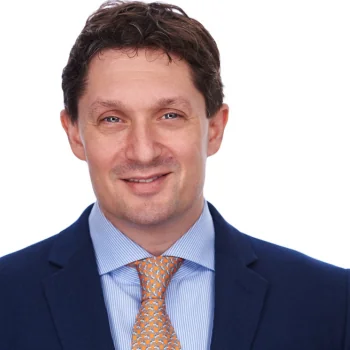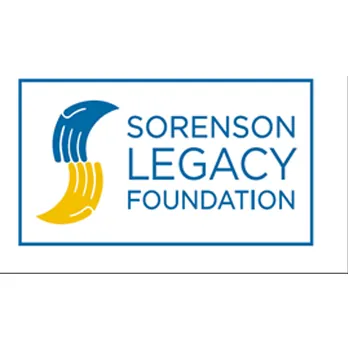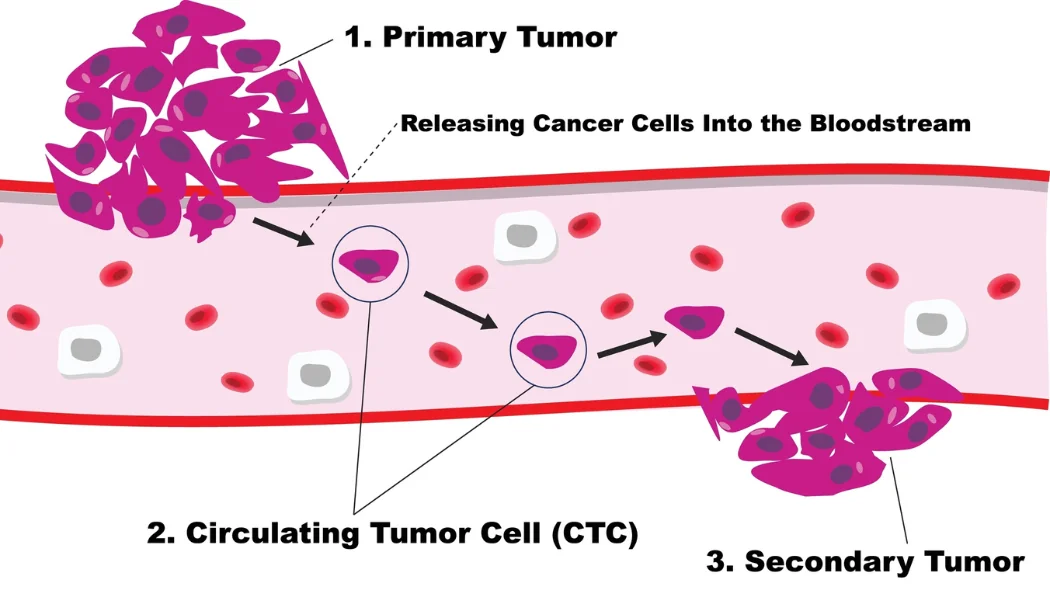Cancer-Types Supported
Click a cancer type below to learn more:
Credentials
Assistant Professor
Hematology/Medical Oncology
UT Southwestern Medical Center,
Dallas, TX

Research Projects
Small cell lung cancer (SCLC) afflicts over 33,000 patients per year and is rapidly fatal in 95% of cases. In most cases, chemotherapy is the only option to prolong survival, but when the cancer relapses it is resistant to most drugs. It is not known how the cancer becomes resistant, or how to overcome this, because there have only been very few living samples of the disease after relapse to study in the laboratory.
Dr. Benjamin Drapkin’s laboratory has developed a method to extract SCLC tumor cells from patient blood samples (circulating tumor cells) and grow them in the laboratory. The responses of these human tumors grown in the lab models to cancer therapy mirror the responses of the patients themselves and can be used compare different treatments.
IMPACT
By comparing SCLC cancer cells before and after patient’s experience relapse, his team can figure out how SCLC becomes resistant to our current drugs and develop new drugs to fight the disease.
Background
Benjamin Drapkin, M.D., Ph.D. is a translational lung cancer researcher committed to developing novel therapies in the laboratory for the patients in his clinic.
He completed medical oncology training and postdoctoral research at Massachusetts General Hospital and the Dana-Farber/Harvard Cancer Center, Since 2020, he became an Assistant Professor of Medicine at the UT Southwestern Medical Center (UTSW).
His laboratory, located in the Hamon Center for Therapeutic Oncology, focuses on small cell lung cancer (SCLC), an aggressive and common malignancy with a dismal prognosis of less than one year that has not improved significantly in the past 40 years. He leverages a large panel of patient-derived xenograft (PDX) models that closely recapitulate the clinical features of their corresponding patients to discover new targets and develop new therapies for this deadly disease. His two current areas of focus are: (1) strategies to overcome or circumvent chemotherapy cross-resistance, which renders relapsed SCLC refractory to further care, and (2) elucidation of the mechanism by which lineage transformation between lung adenocarcinoma and SCLC occurs.

The National Foundation for Cancer Research wishes to thank the Sorenson Legacy Foundation for its generous support to expand on this critical research initiative.
Accelerate innovative research like this and help save cancer patient lives.
Research Focus Areas
Select a Focus Area Below to learn more and see others working in these area.











